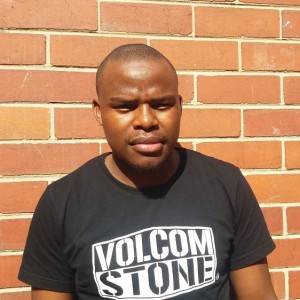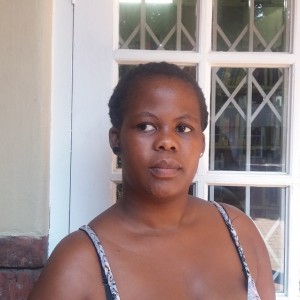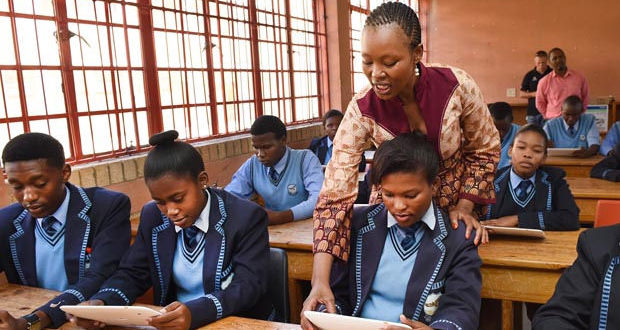Writing in the City Press this week, journalist Sipho Masondo argued that using a child’s mother tongue as the medium of instruction could help curb the high failure rate at South African schools – an idea backed by significant research. LIZEKA MADUNA asked Durbanites what they thought about the idea of learning in their mother tongue.
T
I would have appreciated having been taught in my mother tongue back in high school. Most of us black students struggle with our studies because as much as we were taught in English, but it was never proper English since educators were also from villages and didn’t have a quality education. It is much easier to teach someone something in a language they understand than a foreign language, because even if they have a capability to grasp and understand what ever information is passed on to them, the language becomes a barrier. It is never too late to get on with this because some pupils are still struggling with subjects because of the language they are taught in.

This is something that the government should have been implemented a long time ago, similar to China having Mandarin as an indigenous language that is used at all schools. It is important to keep the mother tongue but if schools were to be taught in IsiZulu for instance, pupils could have a language barrier in the future because that could only help them here in South Africa. As far as literacy is concerned, communication should also count as a priority. If some children are struggling with being taught in English from the lower grades, how will they be able to cope in higher learning institutions where English is the dominant language?

Language is an important factor. Back in high school I was taught in English, although I wish I could have been taught in IsiZulu, especially literature. Being taught in English somehow hindered me from understanding some of the subjects better. I would read a book and come across a word that required a dictionary, only to find that the dictionary form doesn’t explain the meaning of the word in a sentence. But [English] has helped me to better communicate with different people from different parts of the world – something that would be impossible if I had been taught in IsiZulu. I wouldn’t want my children to be taught in my mother tongue because they might never get a chance to learn foreign language and grow with it.

It is pointless to study in a language that is less likely to help you in the future. All my life I was taught in English. Speaking IsiZulu is one thing and being taught in it is something else because it is difficult. I am glad that I was taught in English because when I went to study in Cape Town the only language that we were all able to communicate in was English, even here [in Durban] it’s the same story. I am able to communicate with my lecturers and express my feeling but had I been taught in my mother tongue, chances are I wouldn’t have that confidence of speaking up and expressing myself. I wouldn’t want my children to be taught in IsiZulu because they would be speaking it at home and would need to familiarise themselves with English for better communication and their future.

Back in high school I was taught in English and I wish I had been taught in IsiZulu. There are many things that I didn’t understand which I could have easily understood if they were in my mother tongue. Sometimes you’d find that you know something but you just don’t understand it because it’s in a language you don’t understand. Yes, English is the common language that people of different mother tongues communicate in, but it shouldn’t be made the primary language, especially in schools. It is important to feed the child information in a language they understand and they will show you wonders, this is one of the things that South African government should have done a long time ago. But it’s not too late because it could still work.









